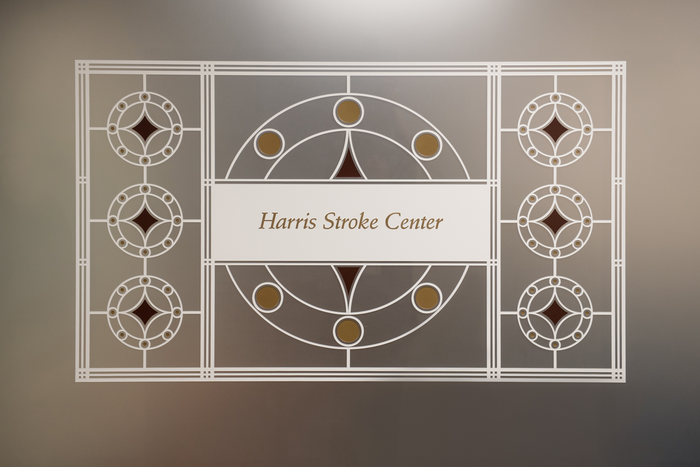DETROIT (May 4, 2022) – Henry Ford Medical Center – Brownstown has earned an Acute Stroke Ready Hospital advanced stroke certification from The Joint Commission, making it the first freestanding Emergency Room in the State of Michigan to do so, and Henry Ford Macomb Hospital has earned recertification as a Primary Stroke Center. The Joint Commission is an independent, not-for-profit organization that accredits and certifies more than 22,000 healthcare organizations and programs in the United States.

Credit: Henry Ford Health
DETROIT (May 4, 2022) – Henry Ford Medical Center – Brownstown has earned an Acute Stroke Ready Hospital advanced stroke certification from The Joint Commission, making it the first freestanding Emergency Room in the State of Michigan to do so, and Henry Ford Macomb Hospital has earned recertification as a Primary Stroke Center. The Joint Commission is an independent, not-for-profit organization that accredits and certifies more than 22,000 healthcare organizations and programs in the United States.
“Our Stroke team is committed to treating our patients with the most advanced, evidence-based interventions available today,” said Alex Chebl, M.D., director of the Division of Vascular Neurology for Henry Ford Health. “These advanced stroke certifications recognizing Henry Ford Medical Center – Brownstown and Henry Ford Macomb Hospital, as well as the advanced stroke certifications at our other hospitals throughout Henry Ford Health, are a reflection of our team’s dedication to providing fast and effective treatment, which can help save lives and reduce the lasting effects of stroke.”
To earn re-certification as a Primary Stroke Center, Henry Ford Macomb Hospital demonstrated continuous compliance with stringent performance standards. Primary Stroke Center certification recognizes the hospital’s commitment to providing clinical programs across the continuum of care for stroke. The certification evaluates how hospitals use clinical outcomes and performance measures to identify opportunities to improve care, as well as to educate and prepare patients and their caregivers for discharge. Henry Ford Macomb Hospital is also on a journey to seek Thrombectomy-Capable Stroke Center certification from The Joint Commission.
To earn the Acute Stroke Ready certification, Henry Ford Medical Center – Brownstown has a dedicated stroke-focused program with staff who can perform rapid diagnostic imaging and laboratory testing to facilitate the administration of IV thrombolytics, “clot-busting” drugs that help break up the blockage and restore blood flow to the brain, in eligible patients. As part of this certification, Henry Ford Medical Center – Brownstown has transfer agreements with facilities that have earned other advanced certifications from The Joint Commission, including the Comprehensive Stroke Center at Henry Ford Hospital and the Primary Stroke Center at Henry Ford Wyandotte Hospital.
Both Henry Ford Macomb Hospital and Henry Ford Medical Center – Brownstown underwent a rigorous onsite review, during which a team of reviewers from The Joint Commission evaluated compliance with related certification standards. The Joint Commission standards were developed in consultation with healthcare experts and providers, measurement experts, and patients. The reviewers also conducted onsite observations and interviews.
Certification reviews for advanced stroke certifications from The Joint Commission, including Comprehensive Stroke Center, Thrombectomy-Capable, Primary Stroke Center and Acute Stroke Ready Hospital, occur every two years. Henry Ford Hospital is certified as a Comprehensive Stroke Center and Henry Ford West Bloomfield Hospital is certified as a Thrombectomy-Capable stroke center. Henry Ford Jackson Hospital, Henry Ford Macomb Hospital and Henry Ford Wyandotte Hospital are certified as Primary Stroke Centers.
According to the Centers for Disease Control and Prevention (CDC), more than 795,000 people each year in the U.S. suffer a stroke, and approximately 87% of those are ischemic strokes, in which blood flow to the brain is blocked. While advancements in stroke care have led to better outcomes for patients in recent years, stroke remains the leading cause of disability among U.S. citizens, and the fifth leading cause of death in the country. Unfortunately, during the COVID-19 pandemic the downward trends in stroke incidence and mortality have reversed. Every 40 seconds on average, a person will have a stroke, and someone in the country dies from stroke on average every four minutes, according to the CDC.
To learn more about stroke care at Henry Ford, visit henryford.com/stroke.
###




